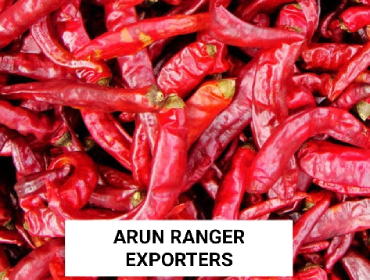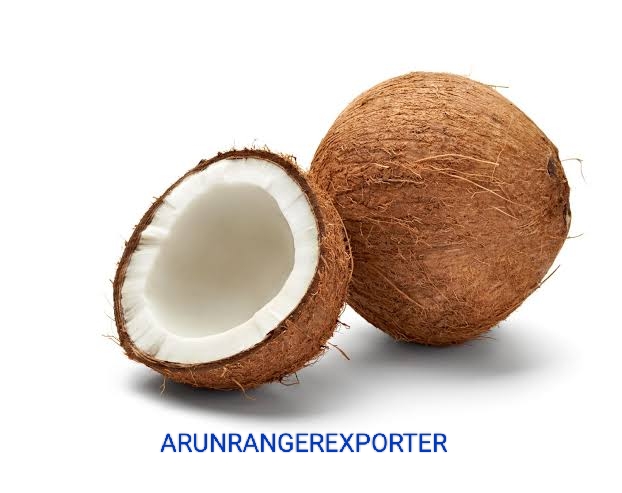In the colorful tapestry of spices that adorn Indian cuisine, turmeric stands out as a golden gem, not just for its vibrant hue but also for its profound cultural significance and myriad health benefits. In this exploration, we delve into the essence of Desi turmeric, unraveling its rich heritage and shedding light on the many ways it has been woven into the fabric of Indian life.
Historical Roots of Desi Turmeric:
Turmeric, scientifically known as Curcuma longa, has been an integral part of Indian culture for centuries. Tracing its roots to ancient Ayurvedic texts, turmeric was revered for its medicinal properties and was used in various rituals. Its journey from a sacred offering to a kitchen staple is a testament to its enduring presence in Indian history.
Culinary Traditions:
Desi turmeric is not just a spice; it’s a flavor enhancer, a key ingredient in curry blends, and a defining element of countless Indian recipes. From the earthy aroma of turmeric-infused rice to the bold hues of curry dishes, its presence is felt in kitchens across the subcontinent.
Medicinal Marvels:
Ayurveda, the ancient Indian system of medicine, has long celebrated turmeric for its healing properties. The active compound, curcumin, is known for its anti-inflammatory and antioxidant effects. Desi turmeric is a natural remedy for a range of ailments, from digestive issues to joint pain, and its holistic benefits continue to be explored in modern medicine.
Cultural Significance:
Turmeric holds a special place in Indian rituals and traditions. The haldi ceremony, where turmeric paste is applied to the bride and groom before weddings, is a time-honored tradition symbolizing purity and blessings. Additionally, turmeric has been used in religious ceremonies, highlighting its spiritual importance.
Sustainable Farming Practices:
Desi turmeric is often cultivated using traditional farming methods that prioritize sustainability. Small-scale farmers, mindful of the environment, grow turmeric using organic practices, preserving both the quality of the spice and the land it comes from.
Global Impact:
In recent years, the popularity of turmeric has transcended borders, gaining recognition worldwide for its health benefits. The global spice market has witnessed an upsurge in demand for Desi turmeric, with consumers seeking authenticity and quality in their spice choices.
Conclusion:
In the heart of Indian culture, Desi turmeric is not just a spice; it’s a symbol of tradition, health, and a connection to the land. From the vibrant streets of Indian markets to kitchens around the globe, the essence of turmeric continues to color the world with its golden glow. As we unveil the layers of its rich heritage and health benefits, we find that Desi turmeric is more than a culinary ingredient – it’s a cultural treasure that transcends time and borders.



